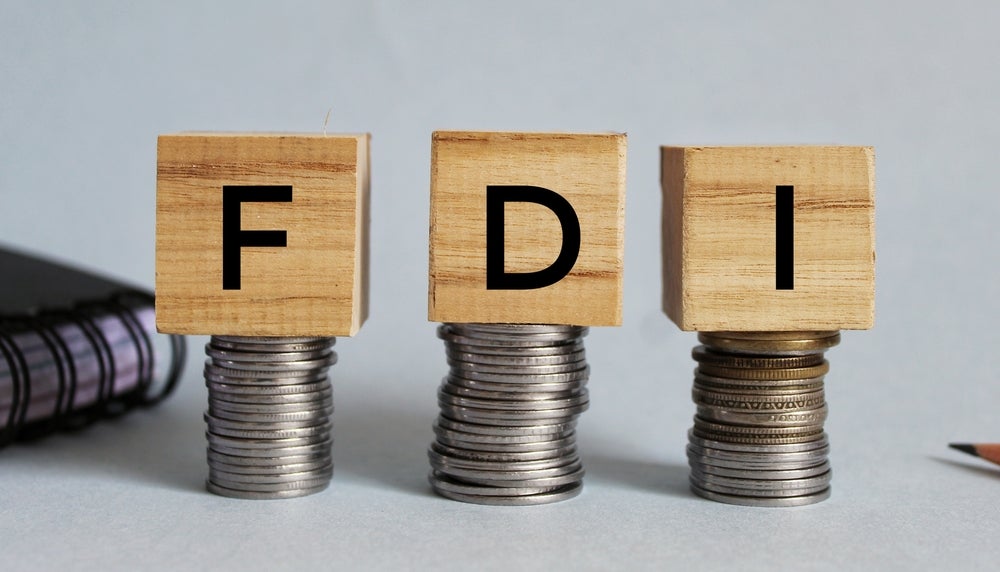On 9 October 2025, the Chinese Ministry of Commerce announced drastic export controls on rare earths, a step that shocked European industry leaders and policymakers, given that these ‘lanthanides’ – neodymium, dysprosium and praseodymium, for example – are crucial for electromobility and the renewable energy sector (not for batteries but for the permanent magnets in the motors).
With supply, especially for defence applications, grinding to a halt virtually overnight, production stoppages in countless industries across Europe seem unavoidable, given that China controls 90% of rare-earth refinement globally.
Instead of the predictable hand-wringing and Brussels summits, we should stop bewailing Chinese export restrictions as unfair disruption, but conceive of them as a mirror – one that reflects the vulnerabilities inherent in our current economic model, which for so long has been equated with efficiency, as well as our blind belief in low-cost outsourcing, offshoring and letting others do the dirty work.
This one is big – and will change how we conduct business for good. Export restrictions by some Western leaders, which, for quite some time, most of us considered as irrational and undue interference in the free play of the market, might indeed have a point. Similarly, foreign direct investment (FDI) is no longer the universal remedy. Not all investment flows are benign, and critical technologies controlled by foreign capital are increasingly seen as a risk. Inward and outward FDI, for so long the panacea, need to be viewed through the lens of balancing openness with protecting strategic capabilities.
Rather than eyeing impressive cross-border capital flows, Europe’s industrial policy must focus on re-internalising competence: R&D incentives, pilot demonstration plants, financial support to scale innovative production technologies and protecting know-how against non-European actors. It is time to leverage Europe’s strength in material science and engineering, and learn how to bridge the gap between research and large-scale industrial deployment ourselves. It is time to realize that the age of efficiency-seeking FDI and best-cost country is gone. Strategic autonomy rooted in domestic knowledge, productive capacity back home (reshoring) and screening of inward investment are the order of the day.
Even if branded as isolationism and protectionism, it is a prisoner’s dilemma that has turned into a resilience paradox – efficiency has bred fragility and over-dependency; hence, we need to readjust our priorities. For us, as the FDI community, that means we need to recognise that FDI may no longer be the best solution to every problem.
Martin G Kaspar is vice-president of corporate strategy and development at a German Mittelstand company and an FDI expert.









